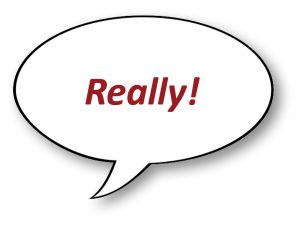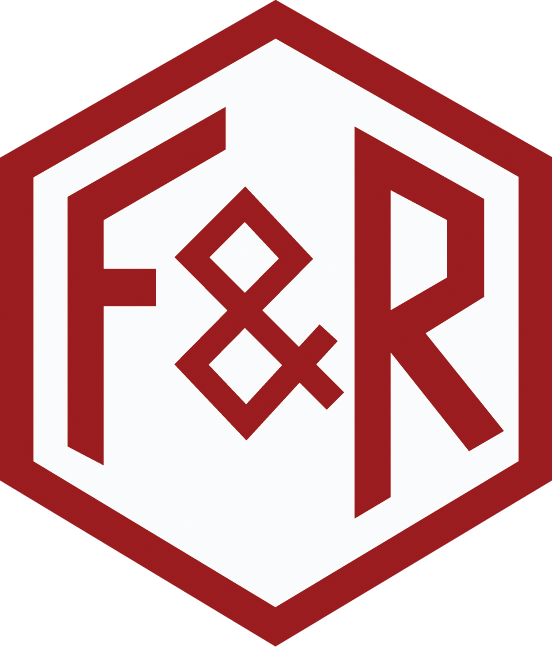
Laboratory Testing Project Sampled Concrete Masonry Units
The approved agency (special inspection firm) that is providing special inspections on the masonry portion of any new construction project must test samples of the project concrete masonry units (CMU) during the construction phases to verify the fact that the project CMU comply with the requirements of ASTM C 90 and the construction documents. This testing requirement of the CMU is not optional and is required by the code.
The IBC code, chapter 35, “Reference Standards” adopts ASTM C 90, “Standard Specification for Loadbearing CMU” and ASTM C 140, “Standard Test Methods for Sampling and Testing CMU”. This means that the requirements of these two ASTM designations are enforceable on construction project work.
Articles 1.6 and 2.3 of the TMS 402/602 masonry code require testing of the CMU to verify compliance with ASTM C 90 as well as TMS 402/602 table 3 and table 4. Article 1.6 as well as table 3 and 4 are located in the quality assurance section of the specifications portion of the TMS 402/602 masonry code. Article 2.3 of the masonry code simply requires that the CMU on the project comply with ASTM C 90 when tested in accordance with ASTM C 140.
Section 5 of ASTM C 140 sets forth information related to the selection of CMU test samples, the number of specimens that comprise a test sample, frequency of testing and criteria that helps define the term “lot” as pertaining to a block shipment.
It should be noted that article 1.6 of the TMS 402/602 masonry code also requires that the special inspector review approved submittals to verify CMU compliance with ASTM C 90 as well as verifying f’m (specified compressive strength of masonry system) prior to construction.
ASTM C 90, section 9, Compliance. If the first test sample fails to conform to the specified requirements (ASTM C 90), the manufacturer may be permitted to remove the units from the shipment. A new test sample shall be selected from the remaining units of the shipment. If the second sample fails to meet specified requirements, the remaining portion of the shipment represented by the second test sample fails.

But Wait, We Have a Lot More to Say!
CODE issues got you cracking up? For a complete picture of the Code and how it relates to Special Inspections, F&R would love to provide an AIA accredited Lunch & Learn presentation to the professionals at your firm. Contact Alan Tuck for more details at: atuck@fandr.com


